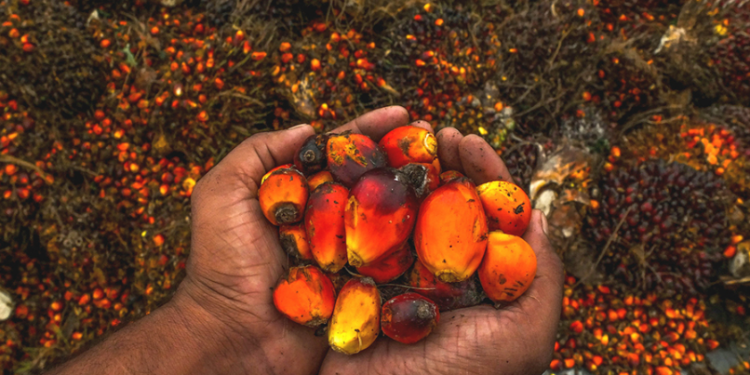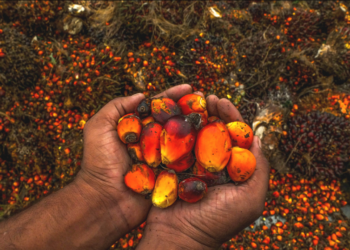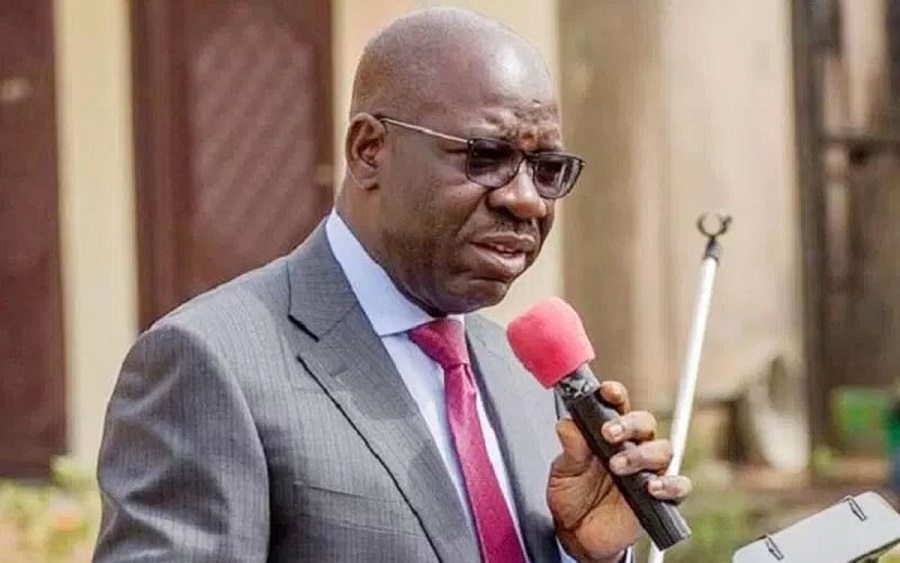The National Palm Produce Association of Nigeria (NPPAN) has asked states and local governments to stop allowing foreign investors to participate in the primary production of oil palm in the country that owns oil palm plantations.
In an interview with the News Agency of Nigeria (NAN) on Monday in Abuja, Amb. Alphonsus Inyang, National President of NPPAN, expressed his concerns.
He criticized the promotion of these practices in some states, labelling them as detrimental to national development.
Inyang emphasized that permitting foreigners to engage in primary production activities, such as planting seedlings, managing nurseries, harvesting, and milling, would reduce Nigerian citizens to mere labourers in their own country.
He said, “Foreign investors will pay peanuts to our people as plantation attendants while they declare billions as profit every year and our people will be struggling to feed.
“We do not want foreign investors to come and plant palm trees and any state promoting such should stop; they should not be involved in primary production.
“We do not want them in the upstream rather they should be at the downstream that is processing and value addition. Nigerian populace should do the planting while investors provide us with inputs such as planting materials, fertilisers, herbicides and land development for planting and they can as well offtake the harvest.’’
The president explained that preventing foreigners from engaging in primary production would help ensure that the wealth generated from the oil palm sector is distributed from the rural communities, who are the primary producers, to the millers and manufacturers, who would be the investors.
He suggested that investors should focus on building mills and supplying inputs for NPPAN members, who would then carry out the planting for them.
In his words, “We want a robust outgrower system such as the Indonesian model of the ‘Core and the Plasma’. Such a model will create millionaires out of our people instead of taking lands from our people and allocating them to big men. The government should talk to our association on how to make this model work,”
What you should know
The Nigerian palm oil industry is highly fragmented, with numerous small-scale farmholders responsible for over 80% of local production according to PwC. Established plantations, on the other hand, contribute less than 20% of the total market. ,
Despite this, the two largest producers, Okomu and Presco, hold a significant market share in terms of value due to their combined capacity, outpacing the small-scale farmers.
These local farmers, using approximately 1.6 million hectares of land, produce about 80% of the total output.
However, the dominance of small-scale farmholders has led to lower overall production compared to the country’s potential.
This shortfall is attributed to the outdated manual harvesting techniques employed by local farmers, which often result in considerable wastage during harvesting.























